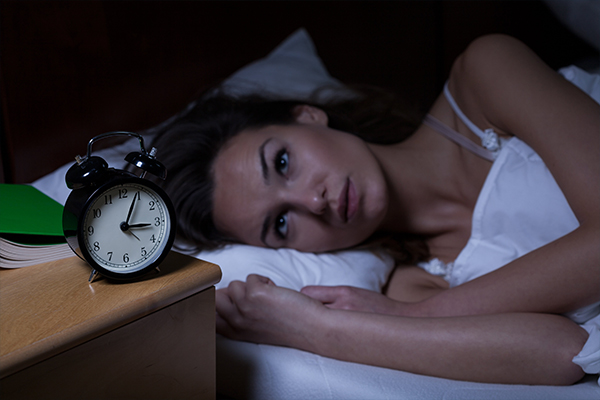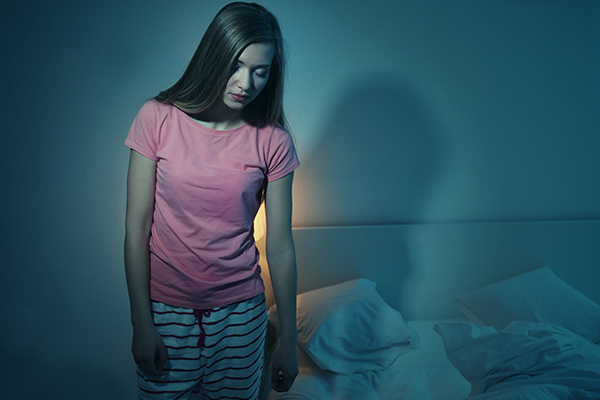
Sleep Deprivation Horror Stories– Sleep So Bad It’s SCARY
You tossed and turned all night long. You twisted and writhed under the covers trying your best to get comfortable. You obsessively checked the glowing numbers on the clock, and your mounting dread for the following day threatened to eat you alive. We’ve all got sleep deprivation horror stories, and we all know what happens when we fail to get the sleep we need to function. Defeated, you drag yourself from bed at the rude blaring of your alarm, and you proceed to zombie your way through your daily tasks.
We’ve all been there. The effects of even just one night of minimal, poor quality sleep are glaring. You may feel drowsy during the day, lack energy, experience slowed thinking, and even have an irritable mood that affects your interactions with loved ones or coworkers. Sleep deprivation is no joke, and according to the American Sleep Apnea Association, an estimated 50 to 70 million Americans of all ages and socioeconomic classes are affected by sleep-related problems, such as sleep deprivation.
What is Sleep Deprivation?
Sleep deprivation simply means getting less than the necessary amount of sleep, which for adults, ranges from seven to nine hours per night. That said, when it comes to great restful sleep, it’s not all about quantity. For that reason, the terms sleep deficiency or sleep insufficiency are often used to describe the factors that keep a person from waking up feeling rested and refreshed.

Types of Sleep Deprivation
The sleep deprivation a person experiences can be broken down into different categories based on circumstances, primarily the duration of the person’s lack of sleep.
Acute Sleep Deprivation– Acute sleep deprivation refers to a short period of time, generally a few days or less, during which a person experiences a significant reduction in the amount of sleep achieved.
Chronic Sleep Deprivation– Also known as insufficient sleep syndrome, chronic sleep deprivation is defined as curtailed sleep persisting for three months or more.
Chronic Sleep Deficiency– This can describe ongoing sleep deprivation or insufficient sleep that occurs as a result of sleep fragmentation or other disruptions.
Sleep Deprivation Symptoms
The obvious signs of sleep deprivation include excessive sleepiness during the day, as well as reduced ability to concentrate, slowed thinking, and sometimes even mood changes. The lack of sleep can manifest itself through a variety of symptoms such as:
- Slowed cognitive thinking
- Reduced attention span
- Lack of energy
- Worsened ability to remember things
- Poor or risky decision making
- Feelings of stress, anxiety, or irritability
Symptoms are affected by the extent and duration of a person’s experience with sleep deprivation, and their consequences can be serious.
Chronic sleep deprivation can contribute to various health issues, as healthy sleep plays a vital role in the functioning of essentially all systems within the human body. Studies suggest that sleep deprivation can potentially contribute to issues like:
- Diabetes
- Cardiovascular disease
- Obesity
- Hormonal abnormalities
- Immunodeficiency
- Mental health disorders
Sufficient sleep is necessary for us to feel our best as we move throughout our days, and it’s also an imperative piece of the puzzle when it comes to achieving our greatest personal health. It’s important in terms of quality of life as well. In addition to having far-reaching effects on the person affected, sleep deprivation in general has a profound effect on society at large. For instance, according to the CDC, as many as 6,000 deaths each year are the result of drowsy drivers. Additionally, sleep deprivation has been estimated to contribute to hundreds of billions of dollars in added healthcare costs. Talk about scary!
If you’re experiencing sleep deprivation yourself, talk to your doctor. You may also consider upgrading your sleep set up with the perfect adjustable bed custom-tailored to your specific sleep needs. Find one today through Flexabed!